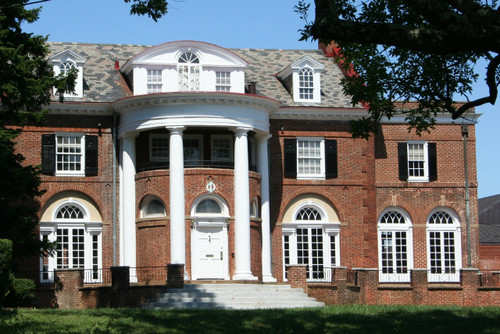Product Description
Abstract
Sexual assault on college campuses became a landmark issue in 2014, when President Barack Obama created the Task Force to Protect Students from Sexual Assault. The Task Force reported an alarming reality: “one in five women is sexually assaulted in college.”
The commitment that educational institutions have to non-discrimination—which includes safety from sexual violence—derives from Title IX of the Education Amendments Act of 1972. However, for decades educational institutions felt they had little guidance to discern whether their sexual assault policies and procedures compiled with Title IX.
Policy variations proliferated nationwide, and clear-cut violations of Title IX were hewn primarily by the Department of Education’s investigations into questionable practices. Tufts University, one of the institutions under scrutiny, was the first to uphold its own principles—and face the fallout.
This case uses the Title IX complaint of Tufts University as a primer on sexual assault policy in higher education. The case reviews the Department of Education’s “Dear Colleague” guidelines, the common policy options for dealing with sexual assault on college campuses (including “preponderance of the evidence,” “unwelcome conduct,” and “affirmative consent”), and the circumstances surrounding Tufts’ Title IX complaint, noncompliance, and resolution. Participants consider the ethical and legal positions taken by Tufts University President Anthony Monaco as well as the future of university sexual assault policy nationwide.
Learning Objectives
- Become familiar with the range of policy options for dealing with sexual assault on college campuses.
- Understand the moral and legal ambiguities of national sexual assault policy as it relates to higher education.
- Evaluate the strategies for and repercussions of challenging federal policy.
Subjects Covered
Sexual assault, sexual misconduct, leadership, crisis management, change management, institutional policy, Title IX compliance, affirmative consent, unwelcome conduct, preponderance of the evidence
Setting
Geographic: United States, specifically Medford, Massachusetts
Industry: Higher Education
Event Start Date: 2009
Accessibility
To obtain accessible versions of our products for use by those with disabilities, please contact the HLS Case Studies Program at hlscasestudies@law.harvard.edu or +1-617-496-1316.
Educator Materials
Watermarked educator copies for this product are available free of charge to educators and staff at non-profit institutions. Please create an account or sign in to gain access to these materials.
Note: It can take up to three business days after you create an account to verify educator access. Verification will be confirmed via email.
Please note that each purchase of this product entitles the purchaser to one download and use. If you need multiple copies, please purchase the number of copies you need. For more information, see Copying Your Case Study.





